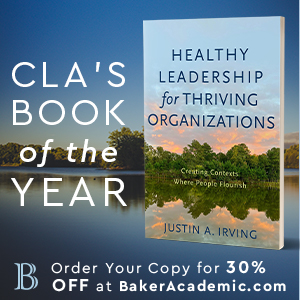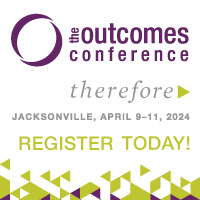
The Magi and the Messiah By Dr. Gary Hoag
During this special week, here are my modern reflections on the Magi and the Messiah.
Matthew 2:1-12 recounts that Magi from the East saw a star and journeyed to Jerusalem looking for the newborn king of the Jews. Meanwhile, King Herod, disturbed by their assertion about a royal baby asks the chief priests where the Messiah would be born. In response, they quote from Micah 5:2-4 and direct the Magi to Bethlehem.
Who were these wise guys? What is the significance of their gifts? How might this scene relate to us in modern times? Let’s consider each of these questions.
Who were these wise guys (a.k.a. “the Magi”)?
We do not know definitively, however, biblical scholars theorize that the Magi may be Jewish descendants of Daniel who is basically described in Daniel 5:11 as the chief of the Magi. This could explain why stargazing wise men from the East would be interested in the birth of the king of the Jews some six centuries after the days of Daniel. The Magi were looking for a star (cf. Numbers 24:17). When it rose, they followed it, and in so doing, found the Messiah.
What is the significance of their gifts?
The Magi offered joyful adoration and worship coupled with three gifts: gold, frankincense, and myrrh. Why these gifts?
Gold in antiquity was associated with royalty, so with this gift they were acknowledging Jesus as their king.
Frankincense pointed to the deity of the recipient (cf. Isaiah 60:6), so they appear to consider this baby as God with us (cf. Isaiah 7:14).
Myrrh, an anointing oil and a perfume used for embalming, seems to foreshadow the mission of the baby as the Savior, the One who would accomplish salvation for all humankind.
How might this scene relate to us in modern times?
In his commentary, Exalting Jesus in Matthew, David Platt offers a great answer for each of us: “Joyfully offer your life as a worshiper, and then passionately spend your life as a witness.” The Magi connected the clues about Messiah and were ready for Him. When He arrived, they worshiped Him, and their gifts promoted their witness, which continues to this day. This begs a final question to consider. What about our worship and witness? Do we appear as the Magi who recognized Jesus as Messiah: our King, God, and Savior?
What about our worship and witness?
Here are two practical suggestions for modern reflection. First, the Magi were looking for the Messiah, which is why they found him. So what about you and me? Are we looking for God (cf. Matthew 6:33)? Does the way we spend our time show that we are seeking Him above all else? In modernity, we “worship” whatever we give ourselves to, and for many that represents things like sports, work, or hobbies, rather than God. Before 2016 begins, let’s reassess our schedules to be sure we are giving ourselves to God first. When we do, our worship will reflect the Magi and we will literally find God. Or in plain terms, we will experience a deeper relationship with Him than ever before.
Second, and this sounds really obvious, but it’s worth noting. We must remember that we don’t live life in a vacuum. People are watching us. When we seek God first, we will not only find him, but our lives will be filled with joy like the Magi, and this will be most evident through our generosity. Our generosity will become our greatest witness when our worship is directed toward God. When the Magi met the Christ child they found the One who was more valuable than the greatest of valuables, which is why their gifts and worship were so phenomenal. They were not letting go of their wealth but demonstrating to the world that had they had received God’s greatest gift.
So with the Magi, let’s seek God above all else. When we do, with the Magi, we will find the Messiah. The world will know this has happened because our generosity will tell the story anew and afresh just like theirs did.
Happy Christmas everyone!
####
Gary G. Hoag, Ph.D. (New Testament, Trinity College, Bristol, UK), serves as a visiting professor at TEDS and Northern Seminary and ECFA Press Author/International Liaison among other roles. He is known widely as “the Generosity Monk” because he has dedicated his life to encouraging Christian generosity. Check out his most recent book published by the Institute for Biblical Research: Wealth in Ancient Ephesus and the First Letter to Timothy.
As the new year approaches and you consider your commitment to learning and growing, Christian Leadership Alliances encourages you to consider enrolling in the Outcomes 365 intensive. This yearlong experience is designed to equip you for leadership excellence. Learn more about it at www.Leadership.Bible.

What is Christian Leadership Alliance?
Christian Leadership Alliance equips and unites leaders to transform the world for Christ. We are the leaders of Christ-centered organizations who are dedicated to faithful stewardship for greater kingdom impact.
Sign up for FREE blog updates.
Upcoming Events
Check back later!





